Château Dubard Bel Air Red
Vignobles Dubard - Puisseguin St Emilion
Red,Puisseguin St Emilion
90% Merlot - 10% Cabernet Franc.

history
The Dubard Family is for more than 30 years, the most famous producers of refreshing and reasonably priced wines in South-West France. The family members offer differing personalities of graduate oenologists, wine makers and viticulturists who together make up a dynamic and passionate team that has been renowned in the Bergerac wine region for decades. Being receptive to their terroir, combining common sense and long experience with ceaseless wine-making and viticulture: these are the founding principles on which the family has relied in their exceptionnel cuvées. They are also ongoing on the environmental label "HVE" (High Environmental Value).
Vineyard
Château Bel-Air completed in June 2011 the range of Vignobles Dubard, a group of family-owned wineries in the areas of Bergerac, Francs-Côtes-de-Bordeaux and Lalande de Pomerol. The label designed by the Dubard family pays homage to the cult of the former parish of Puisseguin to the Sacred Heart of Jesus.Vineyards in the area of St Emilion are situated on a calcareous plateau dug by erosion and dominating the Dordogne valley. The soils of Puisseguin St Emilion can be distinguished by their higher content of calcary. Vines: 26 years old - 8.34 Ha - Yield: 45Hl/Ha
Winemaking
Alcoholic fermentation and maceration (3 to 4 weeks in total) in temperature-controlled stainless vats. 12 to 18 months ageing in French oak barrels (30 % new oak barrels).
Tasting notes
The well-integrated tannins first offer a silky palate to reveal afterwards altogether a dense structure and a fresh mouth with liquorice and fruits of the forest aromas.
Food pairing
Red or white meat, roast poultry, local dishes, and cheese.
Aging potential
10 years
Grape varieties
90% Merlot - 10% Cabernet Franc.
Terrisson Wines
32 Rue Robert Mallet Stevens
30900 Nîmes - FRANCE
+33 (0)4.66.23.44.22
32 Rue Robert Mallet Stevens
30900 Nîmes - FRANCE
+33 (0)4.66.23.44.22
GOVERNMENT WARNING : (1) According to the Surgeon General, women should not drink alcoholic beverages during pregnancy because of the risk of birth defects. (2) Consumption of alcoholic beverages impairs your ability to drive a car or operate machinery, and may cause health problems
